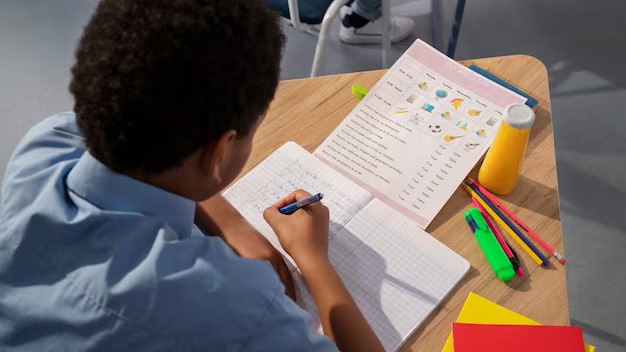

It’s essential for kids to develop good digital citizenship skills to navigate the online world safely and responsibly. At Kstudy Learning, we understand the importance of teaching students about digital citizenship and equipping them with the knowledge and skills they need to be responsible digital citizens. In this blog post, we’ll explore the concept of digital citizenship and share tips for fostering good digital citizenship habits in kids.
Understanding Digital Citizenship: Digital citizenship refers to the responsible and ethical use of technology, including the internet, social media, and other digital platforms. It encompasses a range of skills and behaviors, such as online safety, privacy protection, respectful communication, and ethical use of digital resources. Teaching kids about digital citizenship helps them develop the knowledge, skills, and attitudes they need to be responsible digital citizens.
Importance of Digital Citizenship: In today’s digital world, kids are exposed to a wide range of online content and platforms. Without the proper guidance, they may encounter risks such as cyberbullying, online predators, and exposure to inappropriate content. By teaching kids about digital citizenship, educators and parents can help them navigate the online world safely and responsibly.
Tips for Fostering Good Digital Citizenship Habits:
Teach kids about online safety: Educate kids about the importance of creating strong passwords, avoiding sharing personal information online, and being cautious when interacting with strangers online.
Encourage respectful communication: Teach kids about the importance of respectful and kind communication online, including avoiding cyberbullying and being respectful of others’ opinions and ideas.
Promote critical thinking: Encourage kids to think critically about the information they encounter online, including questioning the credibility of sources and evaluating the accuracy of information.
Model good digital citizenship: Set a positive example by practicing good digital citizenship habits yourself, such as respecting others’ privacy online and using technology responsibly.
Resources for Teaching Digital Citizenship:
Digital Citizenship Curriculum: There are many resources available online for teaching digital citizenship, including lesson plans, activities, and videos that cover topics such as online safety, privacy protection, and responsible digital behavior.
Online Safety Tools: There are also tools and apps available that can help kids stay safe online, such as parental control software, safe search engines, and privacy protection tools.
Educator and Parent Training: Educators and parents can also benefit from training on digital citizenship, which can help them better understand the risks and challenges of the online world and how to support kids in developing good digital citizenship habits.
At Kstudy Learning, we believe that teaching kids about digital citizenship is essential for helping them navigate the online world safely and responsibly. By providing kids with the knowledge, skills, and attitudes they need to be responsible digital citizens, we can help them develop a positive and respectful online presence and empower them to make smart and safe choices online.
Notifications